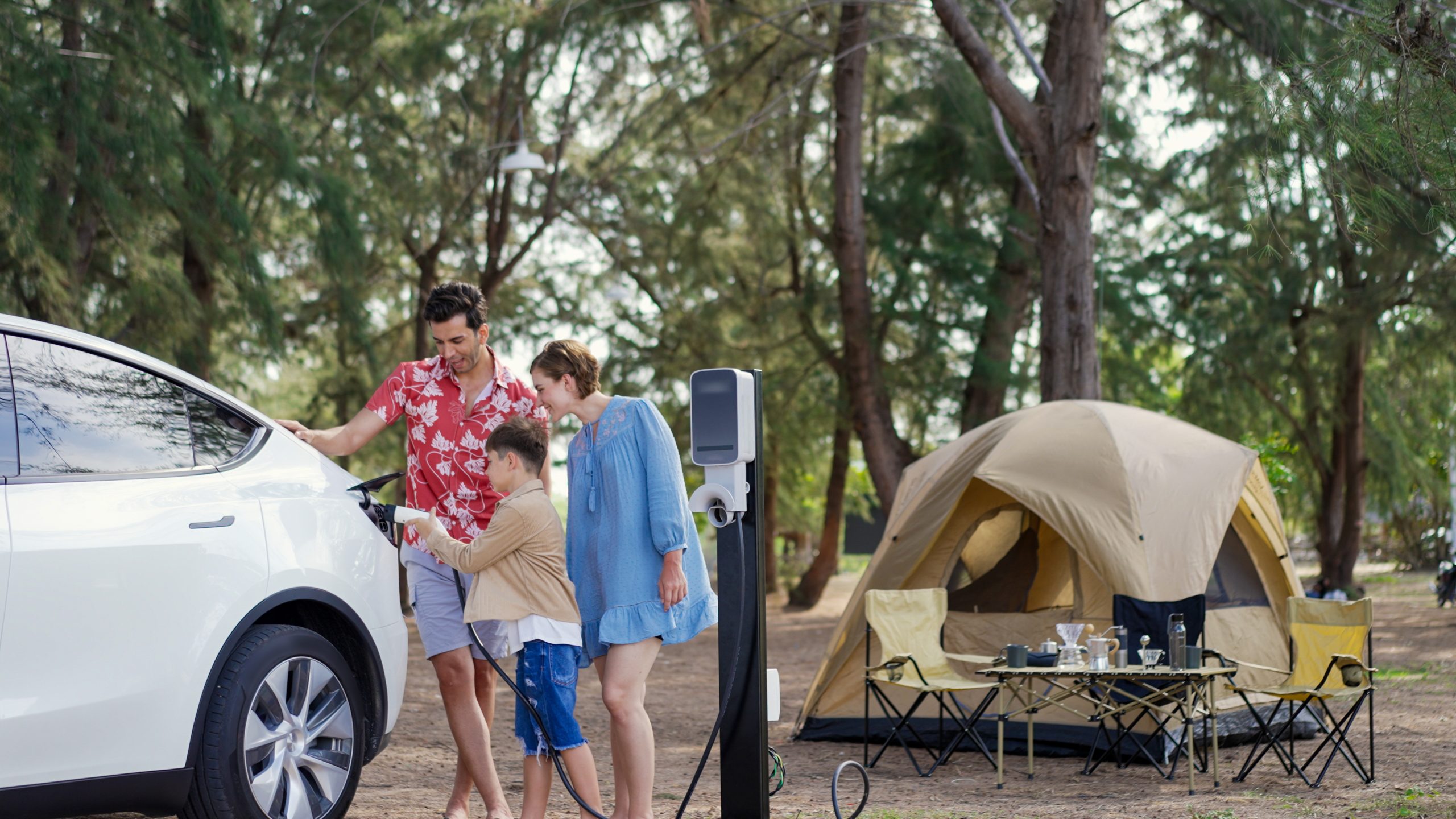As part of our Earth Day blog series, we’re diving deeper into how you can make your time in nature a little lighter on the planet. Last time, we explored general sustainable camping practices—this week, we’re narrowing in on one major challenge for outdoor adventurers: waste.
From plastic wrappers to food scraps and forgotten gear, even the most beautiful campsites can become cluttered with trash if we’re not careful. Fortunately, with a few intentional habits, minimizing waste while camping is not only possible—it can actually make your trip smoother, lighter, and more enjoyable.
If you’re looking for eco friendly camping ideas and sustainable camping tips that help reduce your footprint, read on for simple strategies for your next outdoor adventure.
7 Sustainable Camping Tips for Minimizing Waste
Now, let’s get into all the tips for minimizing waste while on your next great escape.
1. Pack It In, Pack It Out (And Then Some)
One of the golden rules of sustainable camping is leaving your site better than you found it. That means packing out all of your trash—yes, even those tiny food wrappers and biodegradable items like orange peels and pistachio shells. They may seem harmless, but they can take weeks or months to break down and attract wildlife in the meantime.
Pro tip: Bring a dedicated waste bag and a separate bag for recyclables to keep things organized throughout your trip.
2. Meal Plan to Prevent Food Waste
It’s tempting to overpack snacks and ingredients “just in case,” but uneaten food is one of the most common sources of waste on camping trips. Instead, plan your meals ahead of time, prep as much as you can at home, and portion accordingly.
Use reusable containers or beeswax wraps instead of single-use plastic bags for a simple sustainable camping tip. If you’re camping in a remote area, remember: leftovers may not keep well, so it’s better to keep things simple and manageable.
3. Choose Reusables Over Disposables
Switching to reusable gear is one of the easiest and most impactful eco friendly camping upgrades you can make. Replace paper towels with dishcloths, bring metal utensils instead of plastic, and opt for a refillable water bottle over bottled water.
Not only does this reduce waste, but it also means fewer trips to the trash bin and more space in your pack or camper.
4. Avoid Single-Serve Packaging
From granola bars to instant coffee packets, individually wrapped items are camping staples—but they also create a surprising amount of garbage. Instead, buy in bulk and portion things out at home into reusable containers. You can even create your own trail mix, pre-make pancake mix in a jar, or bring homemade dehydrated meals.
This simple switch can dramatically reduce the amount of trash you produce on a multi-day trip.
5. Use Eco Friendly Toiletries and Cleaning Supplies
Washing your hands or doing dishes in nature? Choose biodegradable soap and eco-conscious personal care products. But even biodegradable products should be used away from lakes, rivers, and streams—at least 200 feet—so they don’t disrupt delicate ecosystems.
Bring a small tub or collapsible sink for washing up, and use just a few drops of soap. A little goes a long way.
6. Repair Instead of Replace
Accidentally tore a tent flap or cracked a cooler? Instead of tossing it and buying new, look into patch kits, gear repair services, or even local outdoor shops that offer fixes. The more we can extend the life of our camping gear, the less waste we create in the long run.
Sustainable camping is as much about mindset as it is about gear—treat your items like they’re meant to last.
7. Share and Borrow Instead of Buy
Before buying new camping gear, ask around—friends and family may have exactly what you need. Many outdoor communities also have gear libraries or rental programs for tents, cooking equipment, and even RVs.
Sharing reduces demand for production, helps cut down on unused gear ending up in landfills, and gives you a chance to test items before committing to a purchase.
The Final Word: Sustainable Camping Tips for Eco-Friendly Camping
Minimizing waste is one of the most effective sustainable camping tips you can practice—and it all starts with being intentional. From reusable gear to mindful meal planning, small changes add up to a cleaner, greener experience outdoors.
No matter how eco friendly your next trip is, it’s still important to protect what matters most—your RV, boat, or powersport vehicle—with the right insurance coverage. At Happy Camper, we’re here to make sure your adventures are worry-free and fully protected, wherever the road (or water) takes you.
So go ahead—camp clean, tread lightly, and enjoy the wild with peace of mind.


